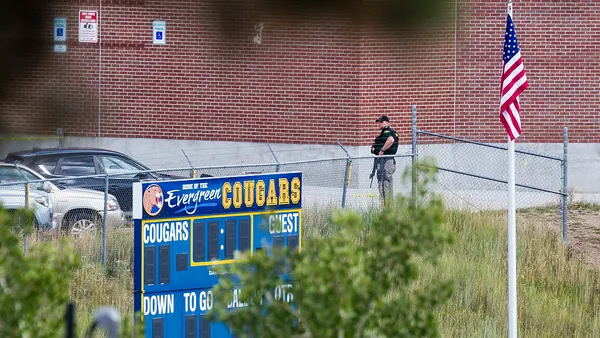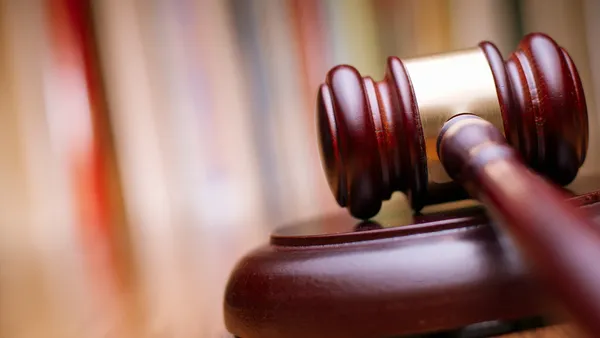Dive Brief:
-
U.S. Supreme Court justices debated Monday morning whether funds distributed by companies under the federal E-rate program to public schools and libraries are private or government funds.
-
The oral arguments came in Wisconsin Bell, Inc. v. United States ex rel. Heath, a case considering whether telecommunications companies can be sued for allegedly defrauding the federal government under the False Claims Act if they overcharge schools and libraries for the Federal Communications Commission’s E-rate program.
-
The company at the heart of the case, Wisconsin Bell, argued that "the government doesn't provide a cent of the money at all" and therefore there should be no damages in cases of overpaying. But the attorney for the whistleblower on the other side of the case said "the government is the only relevant decision-maker at all stages of creating, funding, and then controlling the distributions from this program."
Dive Insight:
The case could result in greater protections for schools and libraries if the Supreme Court decides that companies such as Wisconsin Bell can be held responsible under the False Claims Act. That law is meant to prevent contractor fraud by allowing private citizens to sue and allowing the government to pursue damages.
The Department of Justice, which joined the case in support of whistleblower Todd Heath against Wisconsin Bell, won more than $2.68 billion in settlements and judgments in civil cases involving fraud and false claims against the government in fiscal year 2022, according to the agency
In the E-rate case, Wisconsin Bell is alleged to have overcharged schools and libraries by not offering them discounted rates as required by the 20-year-old federal program.
"Our position is no fraud, no damages," said Allyson Ho, a partner at law firm Gibson, Dunn & Crutcher's Dallas office, who argued the case for Wisconsin Bell. "Those debts don't belong to the government."
On the other side, the attorney for Todd Heath, a private citizen who sued Wisconsin Bell under the FCA, said a company participating in the federal E-rate program — which provides discounts to schools and libraries for internet access — "merely does what the government wants."
"Indeed many government programs, including most notably Medicare, use private claims administrators to provide billions of dollars to beneficiaries of government programs," said Tejinder Singh, who argued on behalf of whistleblower Todd Heath. Singh is a partner at Sparacino, a law firm that litigates cases often related to federal agencies.
Justices considered what a decision against Wisconsin Bell would mean for future cases, questioning Ho on the company's next steps in case of loss and asking Singh implications of a win for the whistleblower.
Fraud is "undermining the effectiveness of our program," said Justice Ketanji Brown Jackson, adding that the question is larger than "whether or not the government has actual monetary skin in the game."
Ultimately, the court could also choose to broaden its final decision to answer whether money involved in other government programs similar to E-rate is still government funds, said Singh.












